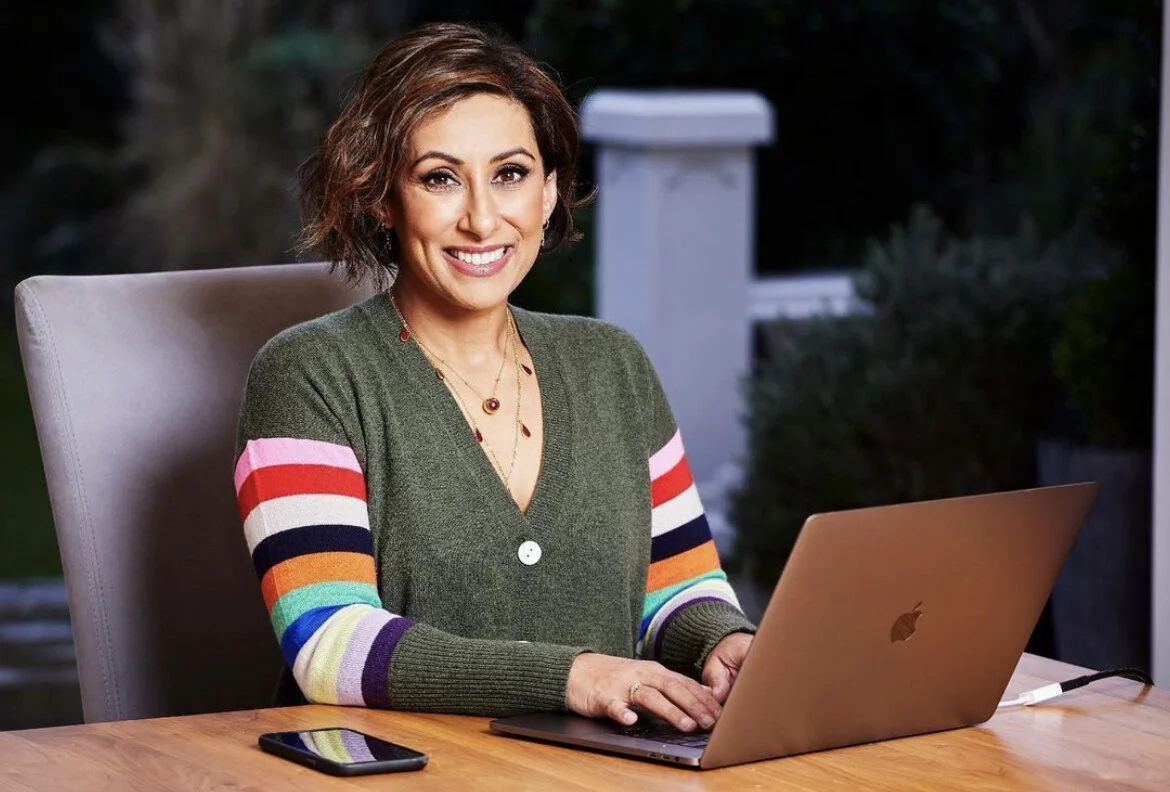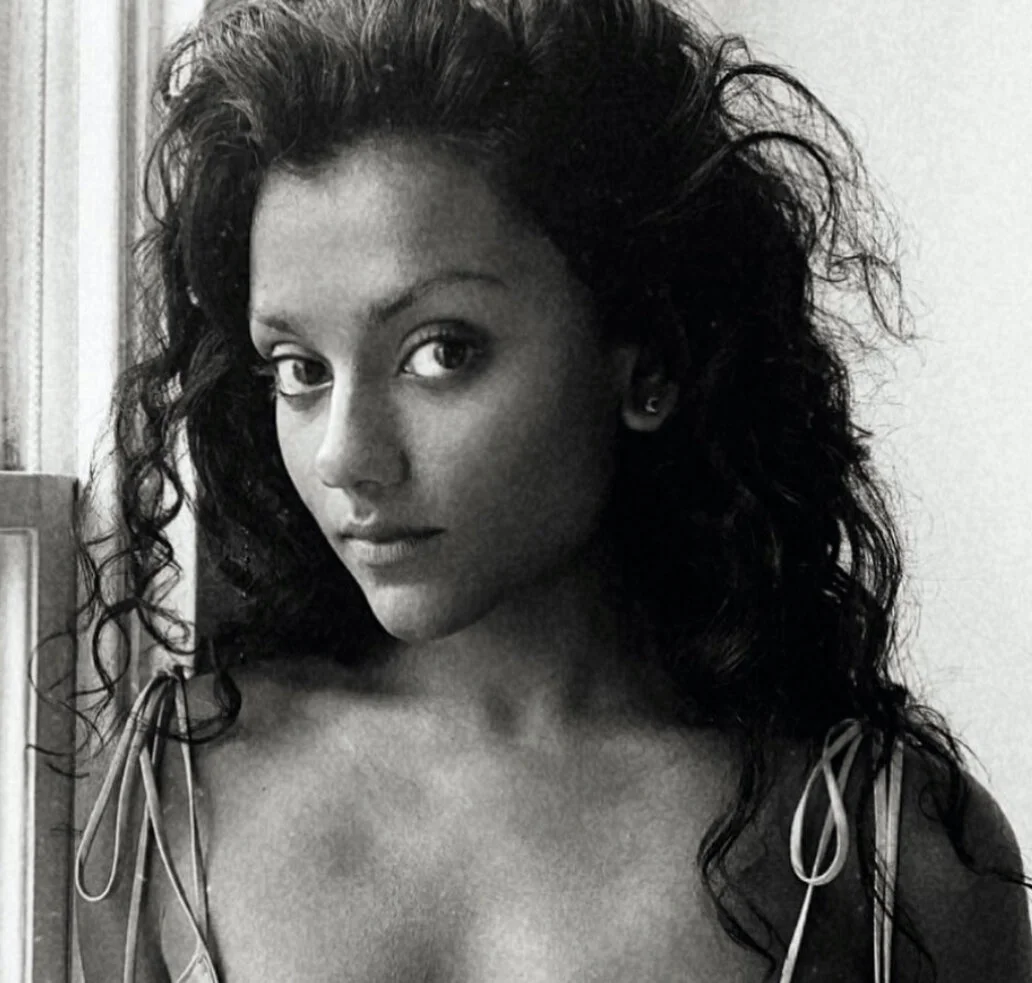4 women who #ChoosetoChallenge for International Women's Day
Happy International Women’s Day!
To all the south Asian women out there standing up for their rights and what they believe in every single day, in often minuscule ways with friends, family, colleagues and bosses, we see you, we salute you and we stand with you.
Just know that every little thing counts and contributes to slowly making the world fairer, kinder, safer and more free. Standing up to challenge stigmas, biases and traditions, no matter the size, requires bravery and must be seen as an act of courage and doing so is a choice you make.
This year, the theme for International Women’s Day is #ChoosetoChallenge so we want to highlight people, some who you may know and some who you may not know, but each who have chosen to challenge the status quo and in doing so, are helping to make the world a better place.
Image of Kirti Odedra-Shaikh
Kirti Odedra-Shaikh
Kirti Shaikh stood up to cultural and religious stigmas within her Hindu community by marrying a Pakistani Muslim man. “I did not marry my Muslim Pakistani husband to defy my parents in any way, it was the case of simply meeting someone I got along with, had fun with, had similar interests with and I was in love with,” she says. Although her husband’s parents were happy, her parents were so angry and disappointed that she had to decide between her love for her partner and pleasing her parents. “It was like literally being pulled in two completely different directions and I was so confused. I felt my heart was going to be broken either way,” she said. Kirti chose her husband but the consequences were harsh.
She left home, did not see or speak to her family for at least a year and they missed her pregnancy, birth and early years of her son’s life. Today, she advises girls to try to have a conversation with their family and to try not to make emotional decisions and “think about the person that you are doing this all for because you are going to need them, their support, and their strength.” Today, Kirti has been married for 26 years, has three children and her family love her husband but she says, it “was mainly due to my bravery, my strength, and my resilience to stand up for what I believe was right.”
Image of Saira Khan from her Instagram account.
Saira Khan
Saira Khan is a presenter, author, columnist and businesswomen. She was a runner-up in The Apprentice in 2005, has presented shows like ITV’s The Martin Lewis Money Show, appeared in celebrity competitions like Dancing on Ice, was a regular panelist on the talk show Loose Women, has a column in the Daily Mail and a vegan and cruelty-free skincare line. Last month, in her Daily Mirror column, she shared that she is no longer a practicing Muslim, although she identifies as Muslim. She said, “I do not pray, I do not eat halal meat, I do have a cheeky drink, I do not follow the dress code for women, I do not fast, I did have sex before marriage”.
But since sharing her truth, Saira says she has faced trolling, abuse and even death threats, which led her to go to the police. Saira has been vocal in sharing both the hateful messages she receives and how she is dealing with them. On Instagram, she has said that she doesn’t believe the vitriol is because of her decision to move away from her faith but because she is a woman making her own decisions. In one post, she shared: “I have been manipulated by others to be the “brown girl” they want me to be” but she says, “I’m the Brown Girl I WANT TO BE!” Today, she uses her platforms to encourage people to be kind and let others live life they way they want.
Image of Simone Ashley from her Instagram.
Simone Ashley
Simone Ashley is an actress of south Asian descent and will play the lead role of Kate Sharma, opposite Jonathan Bailey’s Anthony Bridgerton in season 2 of Netflix’s Bridgerton adaptation. But it hasn’t been easy for her family to accept her unconventional career choice. In an interview with the digital publication, Veylex Simone said: "I grew up in a household full of Indian academics, y'know, the doctors, the engineers, the accountants - it’s pretty cliche! I was never a budding academic and always thrived in [a] creative field. My parents are incredibly protective over me, and sometimes I found it quite stifling. It made me want to escape and do things my own way. I’ve always been a bit rebellious in that sense.”
Even though her parents still find it “quite scary and unsettling,” today, Simone has acted in the series Broadchurch and Sex Education and the film Pokemon Detective: Pikachu and said, “I am incredibly privileged to be a part of a generation where young women from all over the world have more opportunity than ever before, where we are being less stereotyped and walls are being broken down slowly." With her role in risqué series Bridgerton she certainly is breaking down walls!
Photo by Aravind Kumar on Unsplash. Not of Dia Jha for privacy reasons.
Dia Jha (name changed)
For Dia Jha, the challenges she chose to stand up to were at home. “I come from a conservative and religious family where traditional values are very much upheld,” she says. As the daughter, for her, the difficulty was in the small everyday instances where she was taught to take on certain responsibilities and put her own wants and needs aside to accommodate what was expected of her, but not seeing those same demands being placed on her brother. Furthermore, when she bought it to her parents’ attention, they failed to recognise or understand why she was so upset, choosing instead to label her as difficult, immature and hyper-sensitive.
“But I understood that the best way to cause change is to begin with those we know,” she said. And so that’s what she did. She fought to be able to express anger (not appropriate for women), to be able to have a negative and/or strong opinion, she fought to not be labelled lazy and unaware just because she did not automatically jump up to do the housework, she fought to be able to dress the way she wanted, highlighting that she dressed for herself because she enjoyed it and not to attract men as is the common patriarchal thought and to be allowed out late to see her friends. “The battle’s not over yet,” she says, “but small, positive changes are happening and that’s what counts.”



